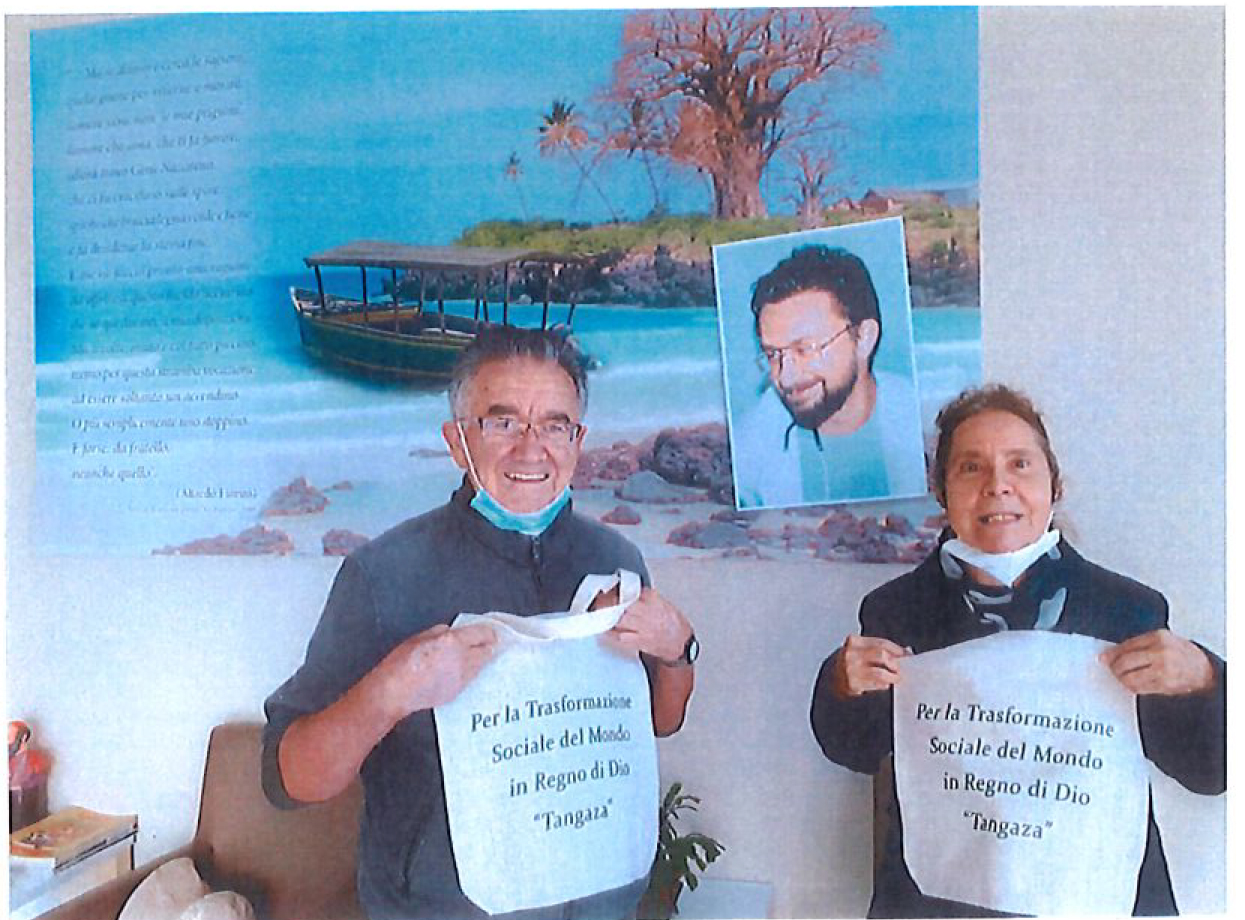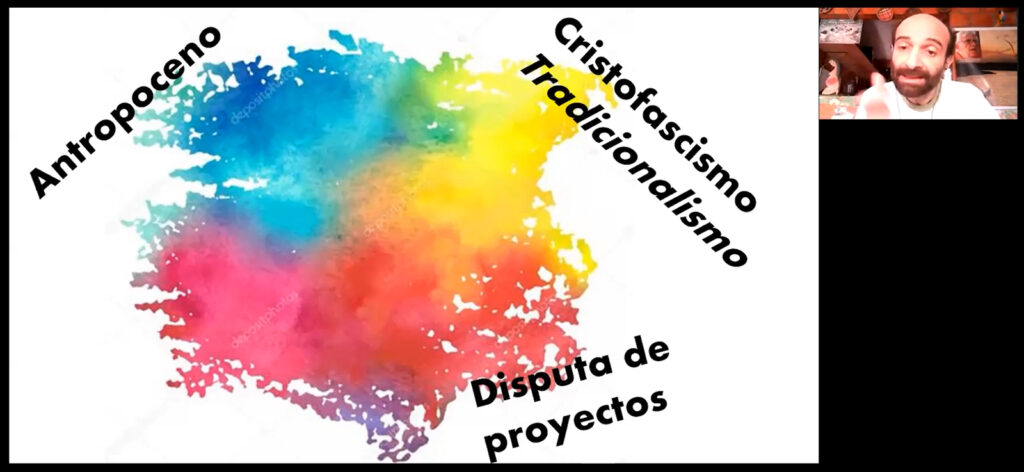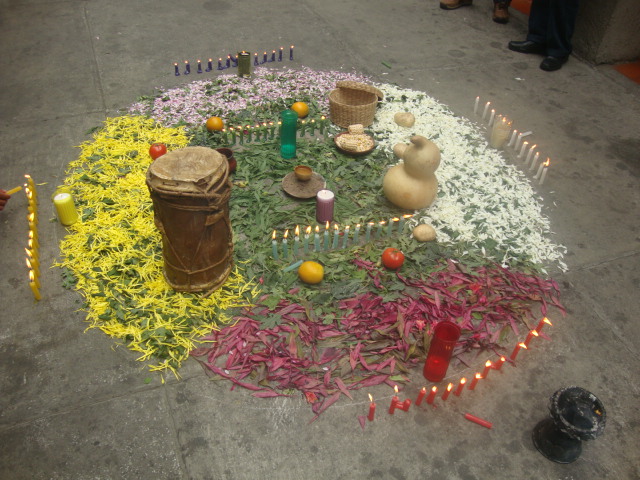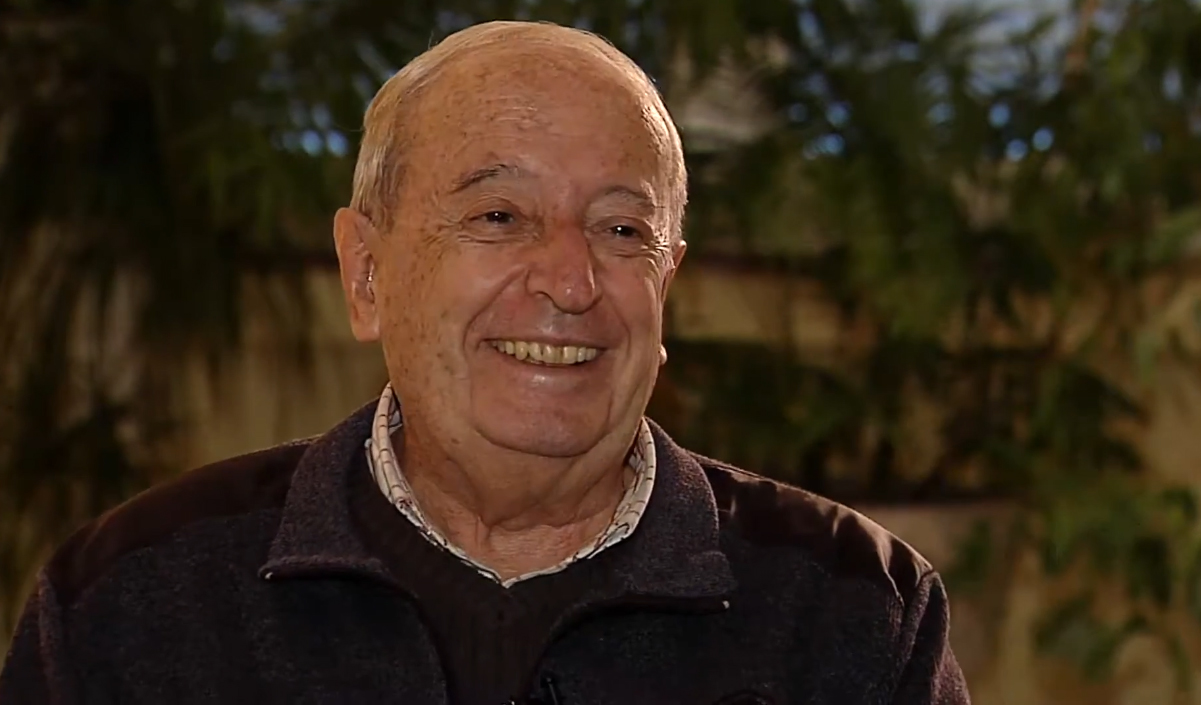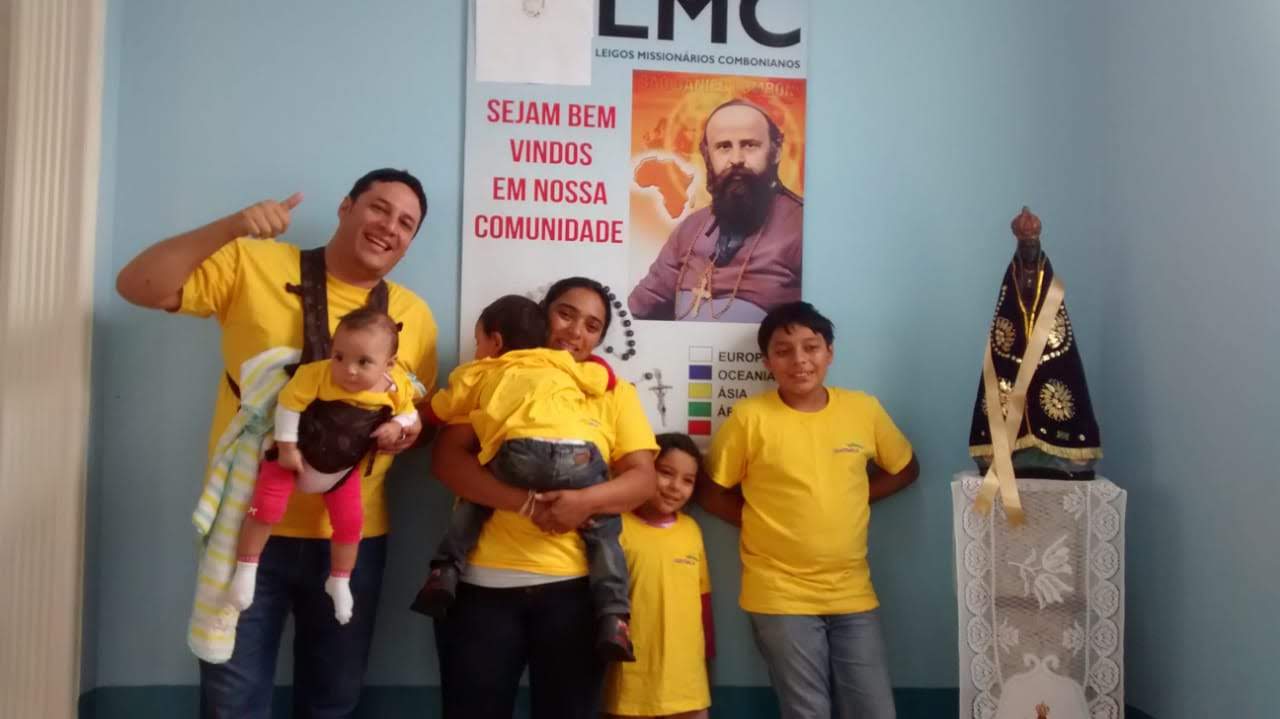We share with you an inspiring letter for Christian commitment in politics and economics shared with us by Father Francisco Pierli and Sister Teresita Cortés.
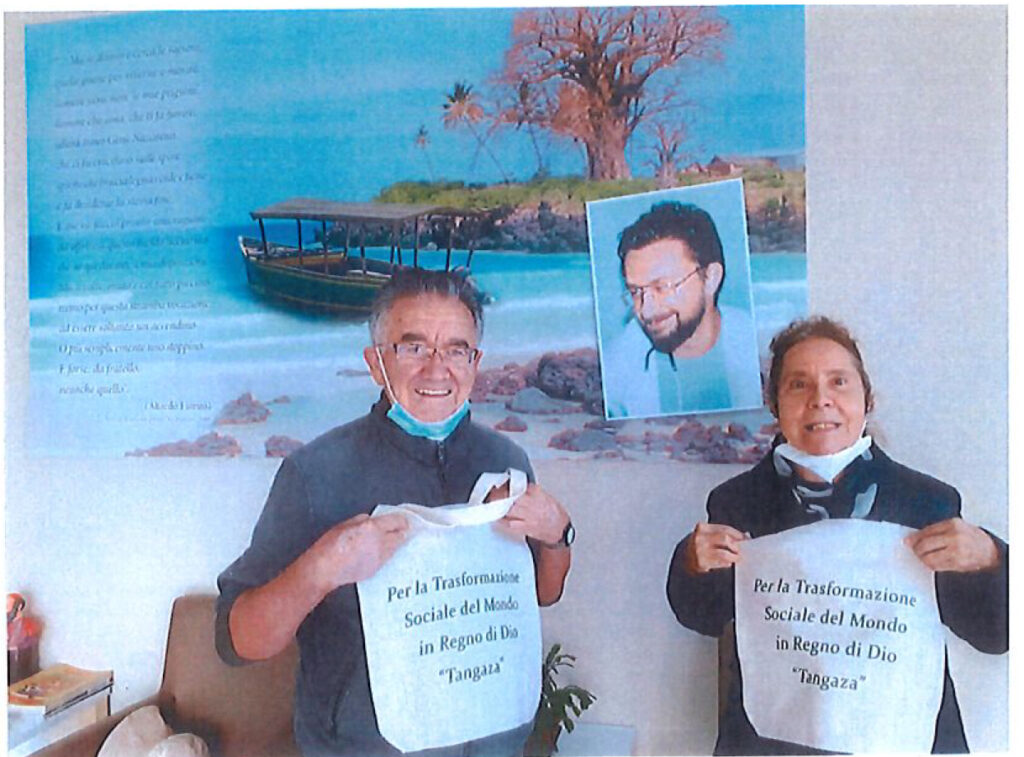
Very dear friends and Colleagues,
Thanks to God, that after a long spell of silence we are now in position of joyfully communicating with you from a beautiful part of Italy where we Combonis have an institution for the recovery of sickly and elderly confreres. It is the so-called “Centro Alfredo Fiorini” dedicated to a Comboni Brother who was murdered in Mozambique during a Social Mission.
We are writing this letter to underline that our communion continues and hopefully will increase since the health of Fr Pierli is improving.
We took the opportunity to visit the House and the Museum of the great Italian Politician Alcide De Gasperi. In eight successive coalition governments he served as Prime Minister and he was always clearly inspired by the Catholic Social Teaching. He was one of the Founders of the European Union together with Konrad Adenauer from Germany and Robert Schuman from France. We did that visit to the House and Museum of Alcides De Gasperi as a pilgrimage. We are interested in the above mentioned Politicians because all of them and especially De Gasperi, were ready to invest themselves to the utmost to transform the Civil Society according to the Gospel values. They were Statesmen, with a vision of the future, totally committed to regeneration – rebuilding, after the Second World War, of their own respective countries socially and economically and to unite them into a federation as a seed of a greater United Europe. De Gasperi’s Cause of Beatification has been already started. “A Politician looks at the next election, but a Statesman looks at the next generation”. (Alcide De Gasperi).
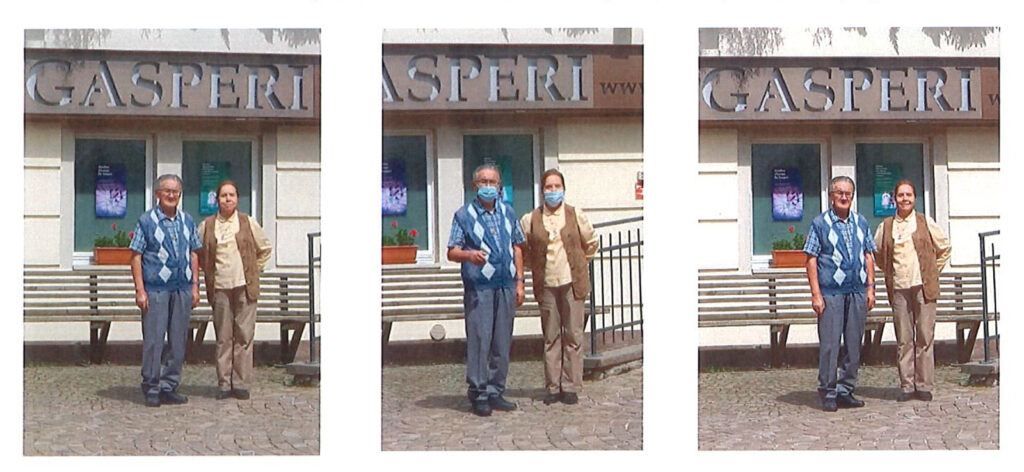
They inspire us with their commitment, to re-interpret our Christian faith in Politics and Economics: in Parliament, in the State House and in Social life. In spite of the difficulties they met, they managed to penetrate the world of politics and in the field of economics with the Christian values elaborated in the Documents of the Social Teaching of the Church.
May their example and intercession help all of you Kenyan and African Politicians to be at the service of your people, actually people God has entrusted to you, for the liberation of the plague of the society, and for the construction of unity and communion at National and Continental level.
Fraternal greetings and best wishes! With our prayers for you,
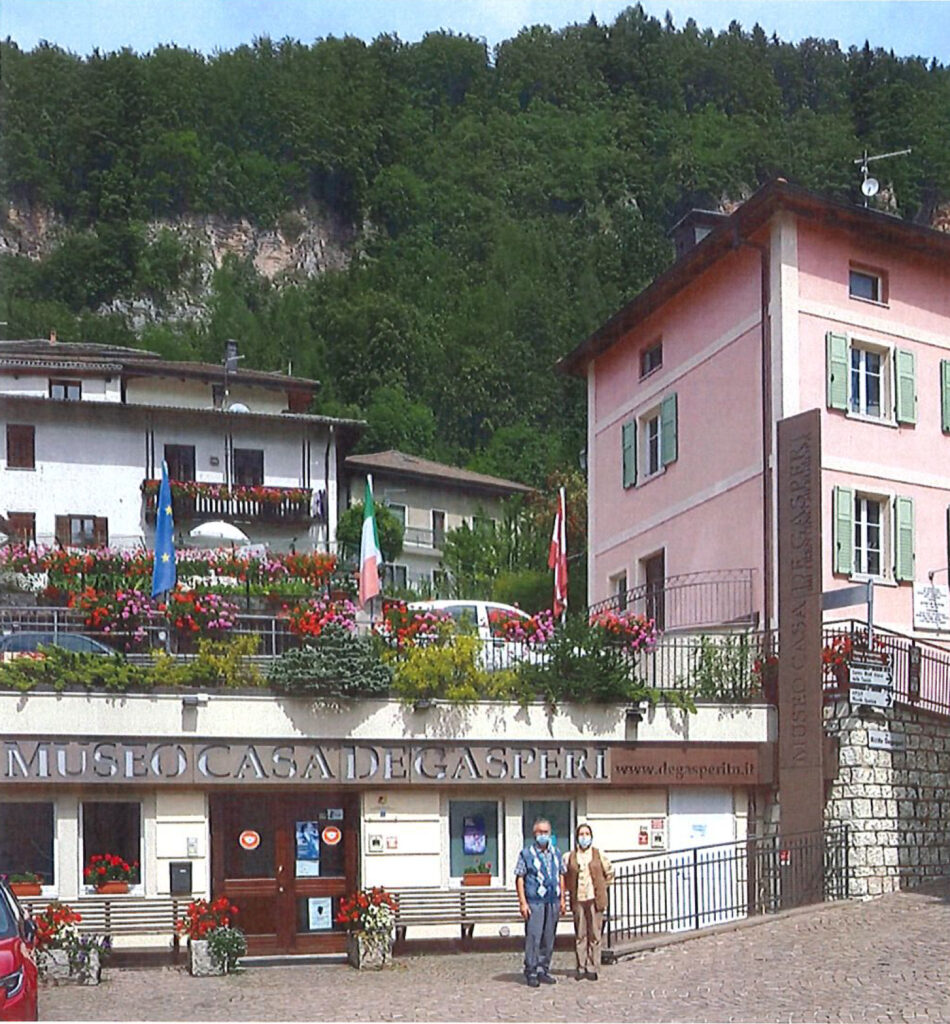
Fr Francesco Pierli MCCCJ – Sr, Teresita Cortés Aguirre CMS




